

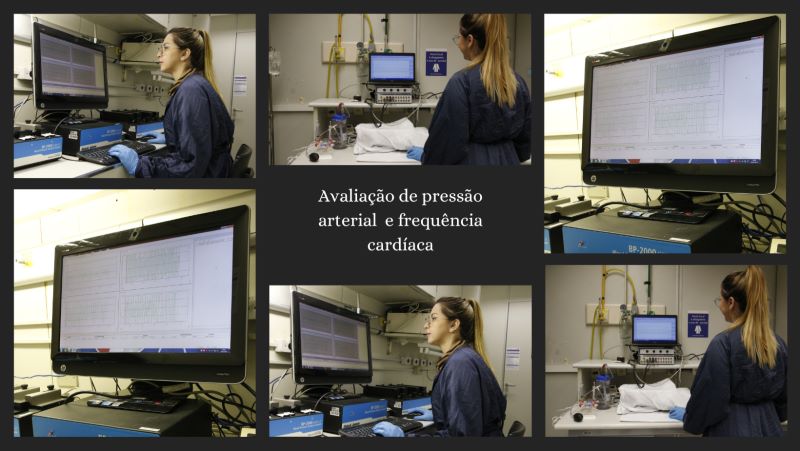
After inducing mutations in the genotypes of mice and analyzing their effects on several generations of descendants, Brazilian and American researchers mapped the genetic determinants essential to an understanding of cardiovascular disease. Their findings are published in the journal Science Advances.
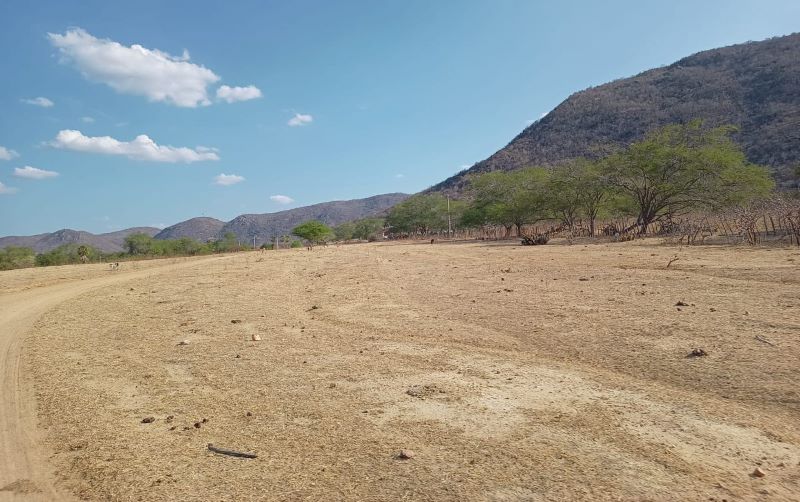
Bacteria, fungi and archaea living in the soil provide several ecosystem services, including carbon storage, and help restore native characteristics. The result contributes to advances in sustainable agriculture, one of the key points for this year’s G20 meetings.
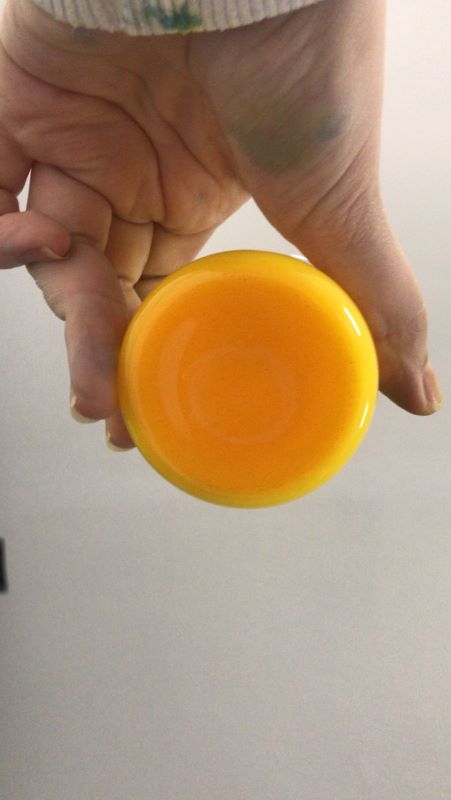
A formulation developed by Brazilian researchers proved effective in tests involving mice.
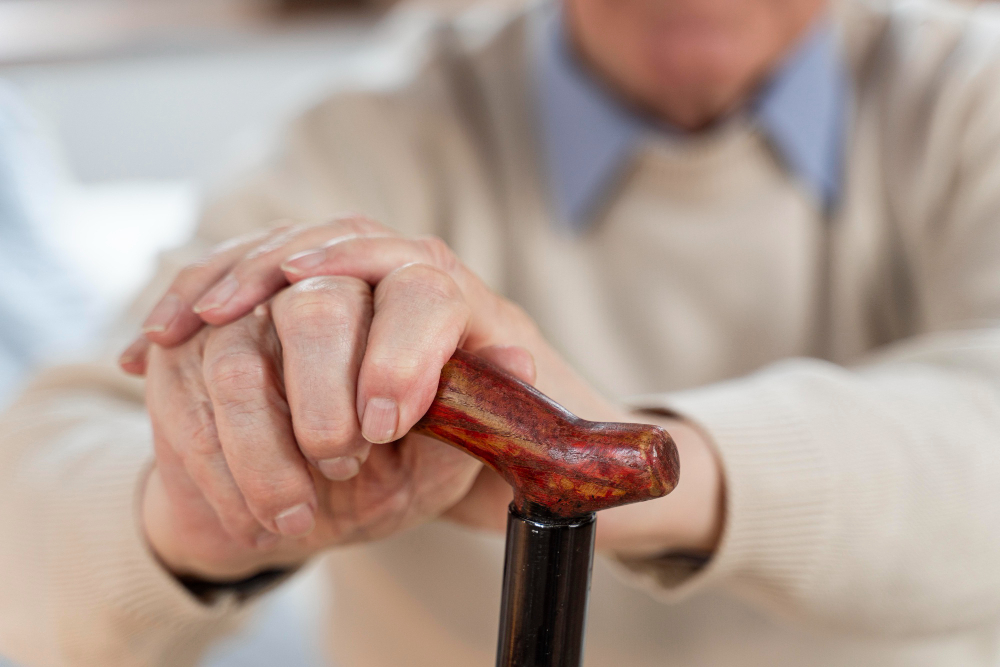
The correlation between these two symptoms of the disease was observed by researchers affiliated with institutions in Brazil and France in a systematic review of 20 studies.
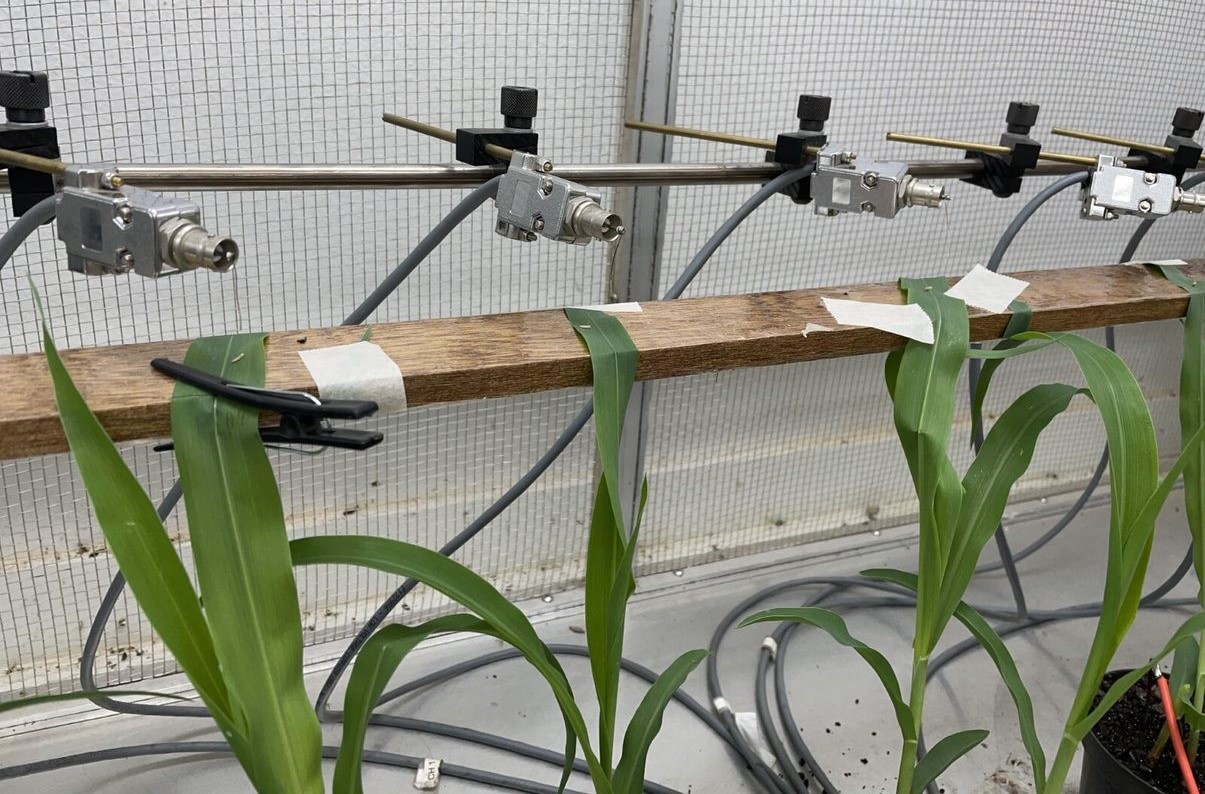
Described in the journal Scientific Reports, the research was conducted at SPARCBio, a center established by FAPESP and biological control company Koppert at the University of São Paulo’s Luiz de Queiroz College of Agriculture.
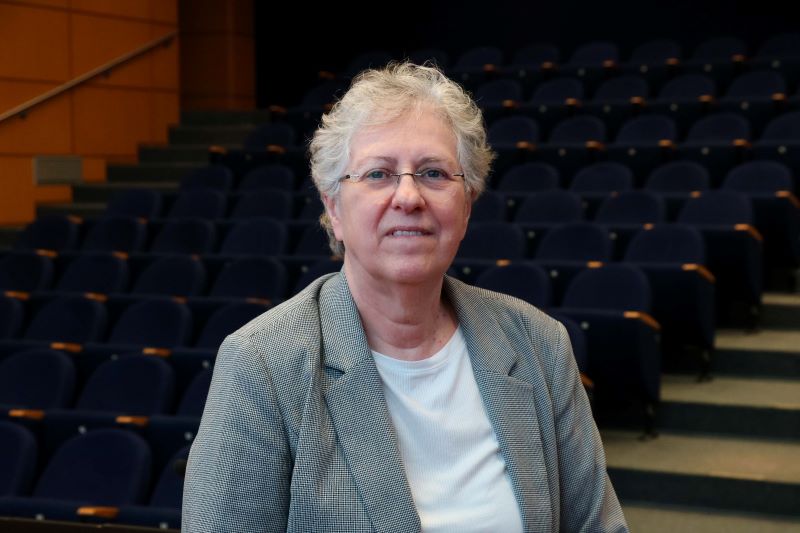
Patricia LoRusso, President of the American Association for Cancer Research (AACR), gave Agência FAPESP an exclusive interview during a visit to Brazil. She spoke about the importance of attracting early-career researchers to oncology, the future of clinical cancer research, and potential new discoveries in the field.
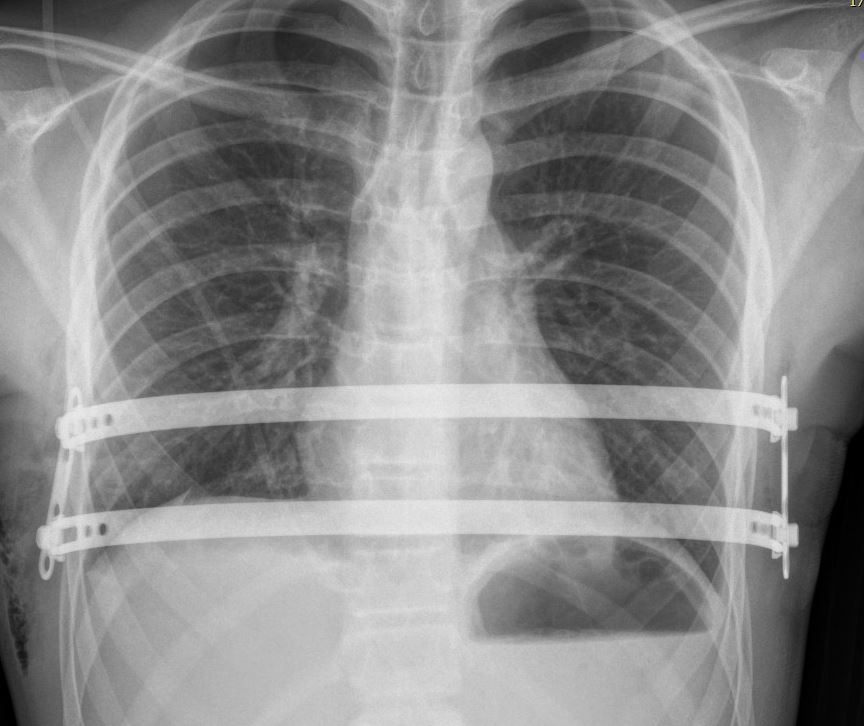
The device was developed by researchers at the University of São Paulo’s Heart Institute (INCOR) and a Brazilian company with FAPESP’s support. It is biocompatible and offers other advantages over the imported product used hitherto.
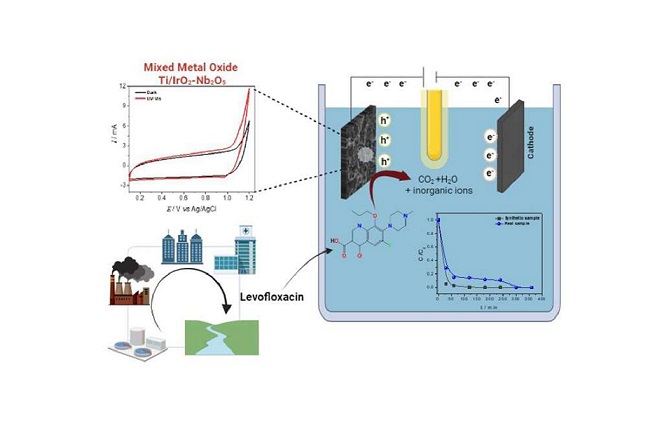
An electrode with films of iridium dioxide and niobium oxide on a titanium substrate removed molecules of the drug levofloxacin, considered an emerging pollutant.
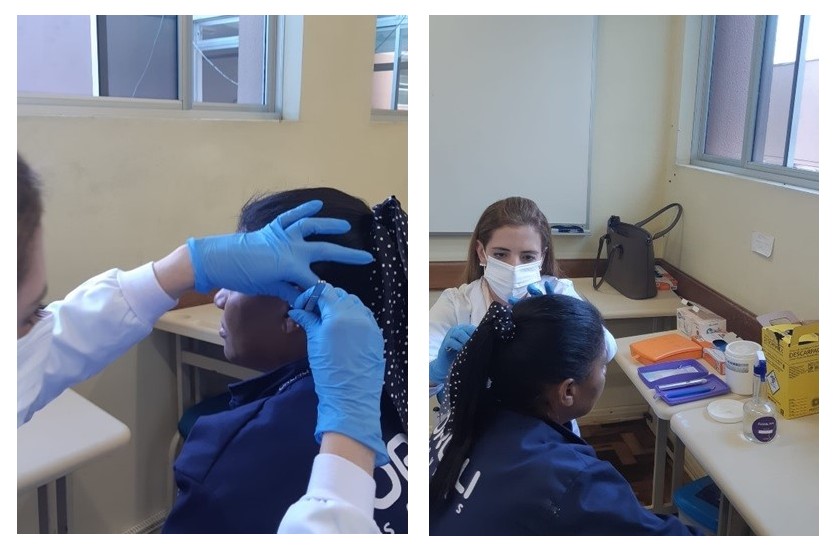
For three months, Brazilian researchers tracked 74 patients submitted to 12 sessions lasting 15 minutes each and observed remission of symptoms. The ancient Chinese practice had no side effects, according to an article on the study published in JAMA Network Open.
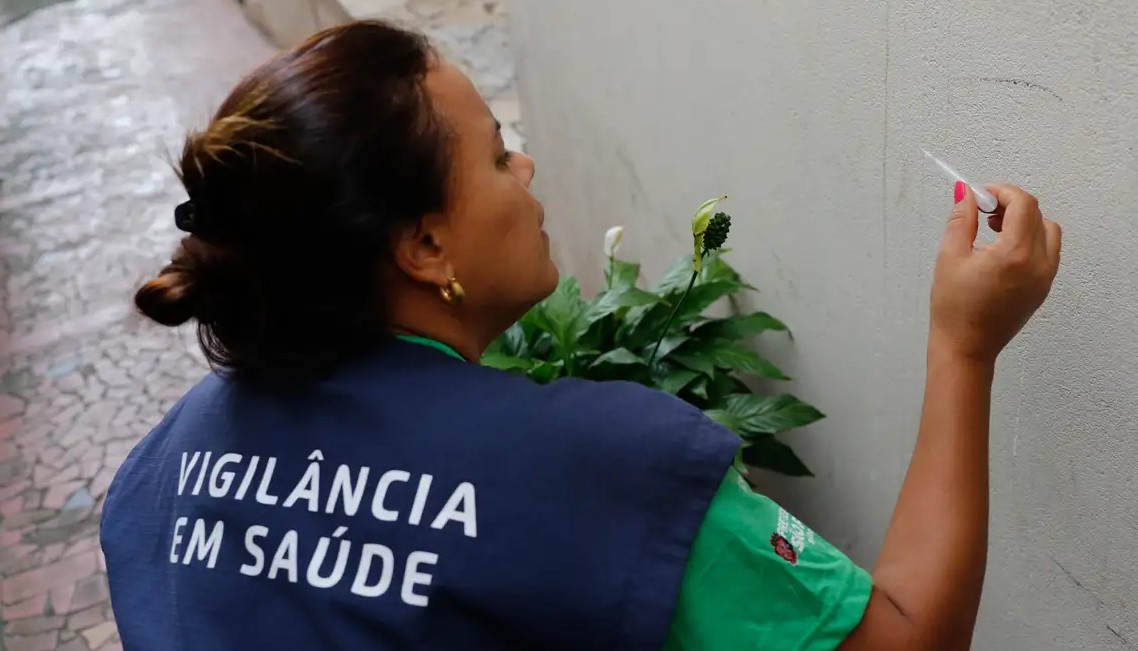
The methodology was developed by Brazilian and British researchers, who tested it in Campinas, a large city in São Paulo state. Its aim is to optimize monitoring and combating the mosquito Aedes aegypti.
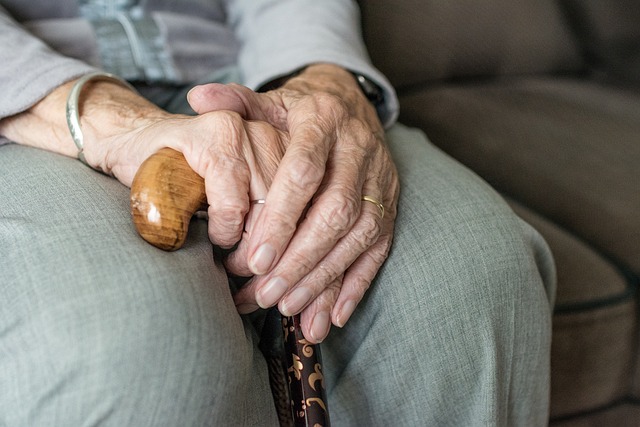
Brazilian and British researchers analyzed data for 1,747 older participants tracked by ELSA over a period of 12 years, and mapped the different routes that can lead to a negative outcome. They advocate use of their findings by policymakers.
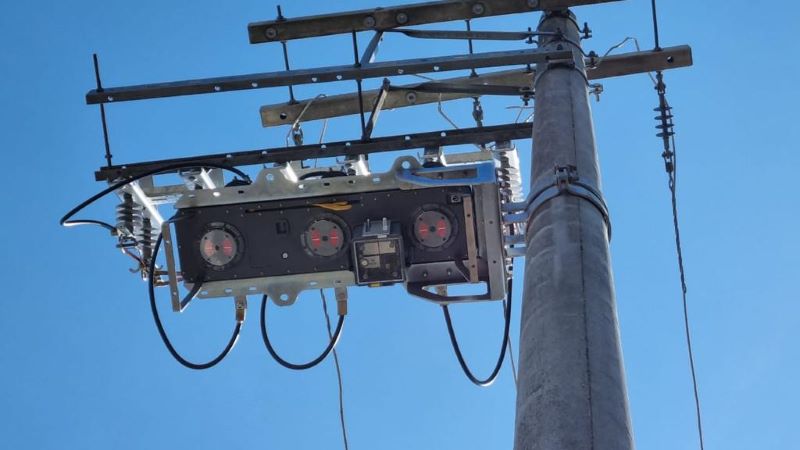
The producer is a company supported by FAPESP. It is developing an advanced three-phase recloser that isolates a section of the grid cut off by a tree fall and lets power be restored remotely.

The event will take place in São Carlos (São Paulo state, Brazil) with FAPESP’s support. Twenty participants from Brazil and 20 from other countries will be selected.
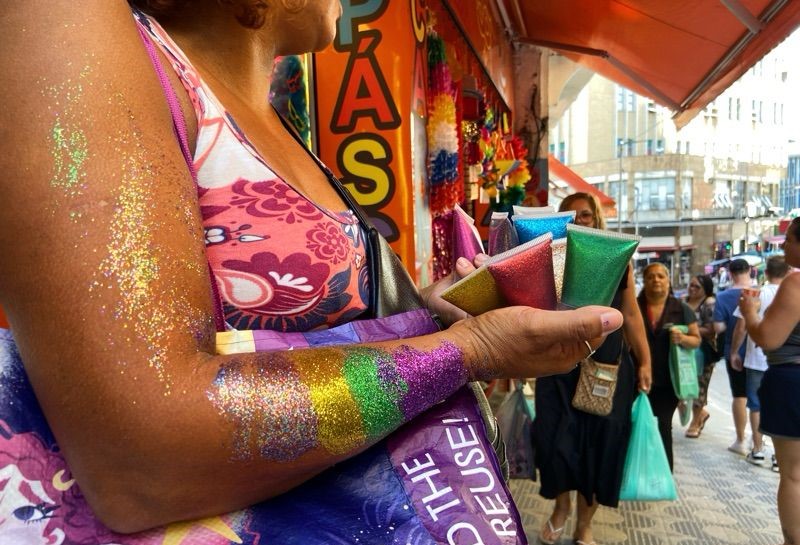
Researchers at the Federal University of São Carlos found that glitter’s metal coating reduced the amount of light penetrating water bodies and hence impaired photosynthesis by the Large-flowered waterweed Egeria densa. The problem may impact primary producer organisms at the bottom of the food chain, they warn.
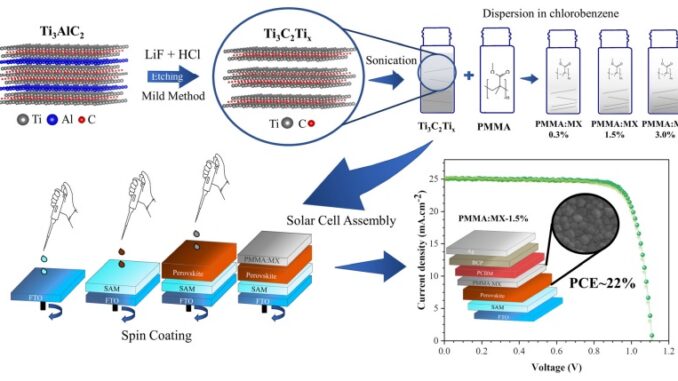
The results of a study conducted by researchers at São Paulo State University (UNESP) could be highly positive for the future of the solar power sector.
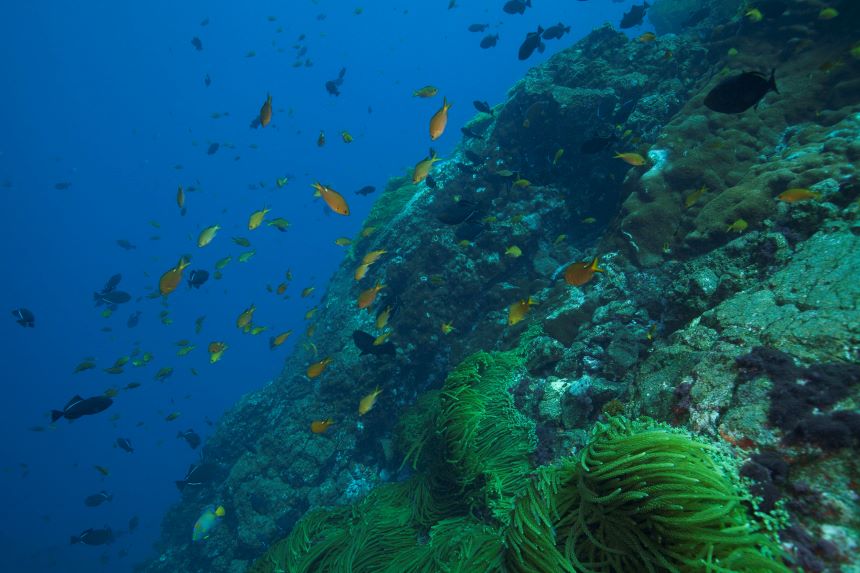
The report was written by 53 academic and government specialists, 12 young researchers, and 26 representatives of Indigenous and traditional communities. It aims to be useful to policymakers and to raise the general public’s awareness of the importance of protecting the ocean and coastline.

An interdisciplinary approach tested at the Federal University of São Paulo combined clinical, nutritional, psychological and exercise counseling. The intervention involved remote and in-person sessions, favoring adherence and lowering the cost to the health system.
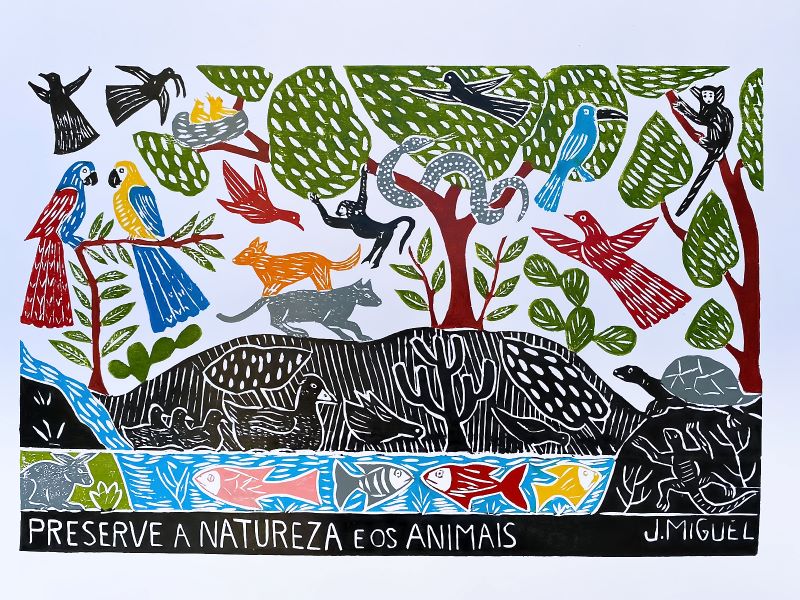
The event, which is supported by FAPESP, is for young researchers and environmental technicians. Thirty applicants from Brazil and 30 from other countries will be selected.
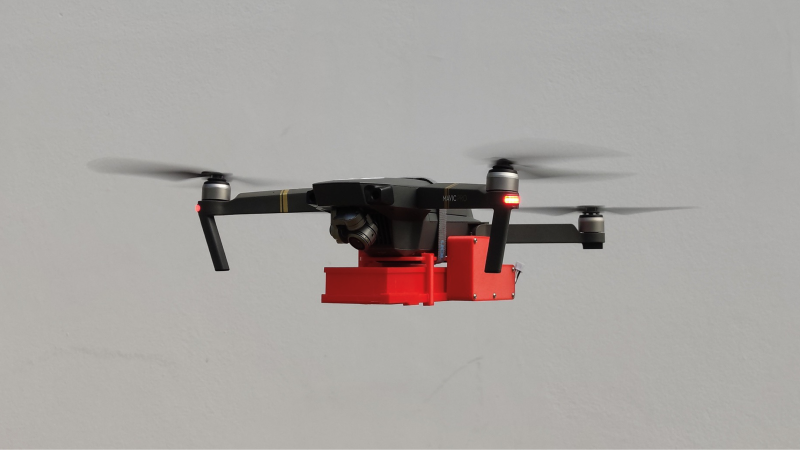
The solution developed by the firm, with FAPESP’s support, permits controlled release of sterile males of Aedes aegypti in urban areas with the aim of reducing the population of these mosquitoes.
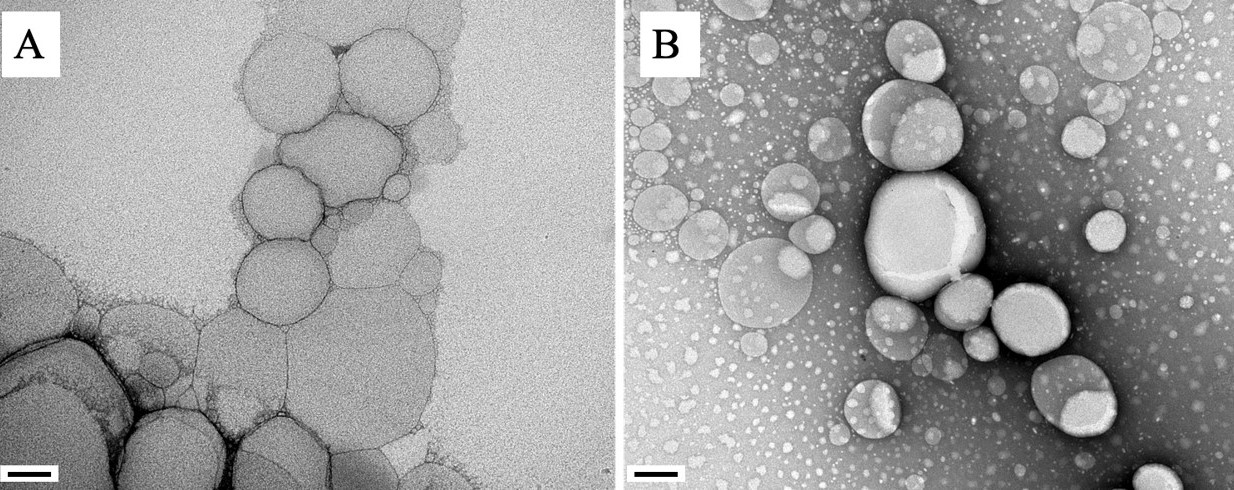
In animal tests conducted at São Paulo State University (UNESP), the strategy reduced spleen and liver parasite numbers by 99.9%.
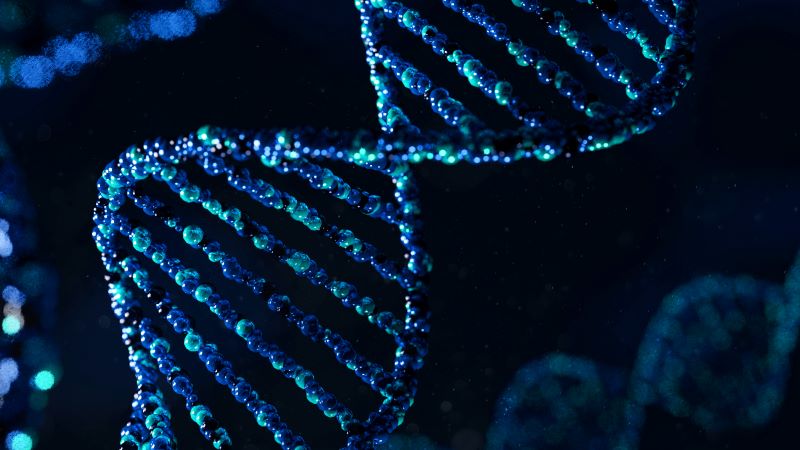
Researchers at the University of São Paulo analyzed data from 115 children who suffered from conditions considered syndromic (with several associated symptoms) and found a high incidence of overlapping genetic alterations. They argue that identification of genetic mutations can make diagnosis and treatment more accurate.
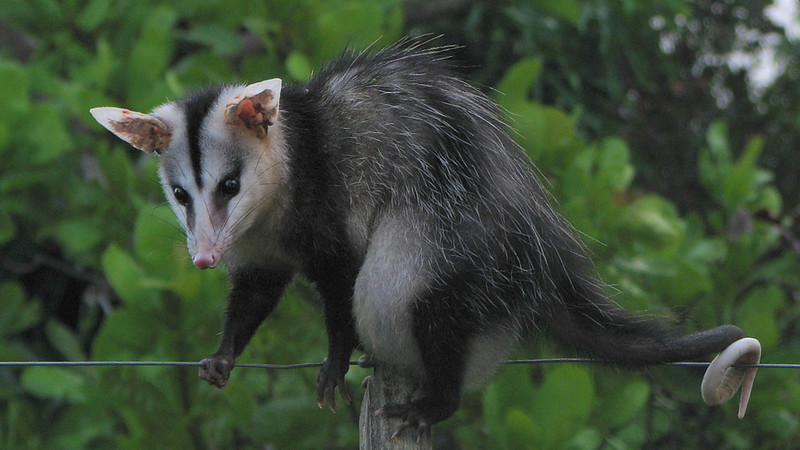
The opossum was found dead in a park in the center of Campinas, a large city in São Paulo state (Brazil), with the same viral variant as fruit-eating bats. These mammals are regularly detected in cities, where they are often attacked by dogs, so they can be considered sentinel species for infectious disease surveillance.
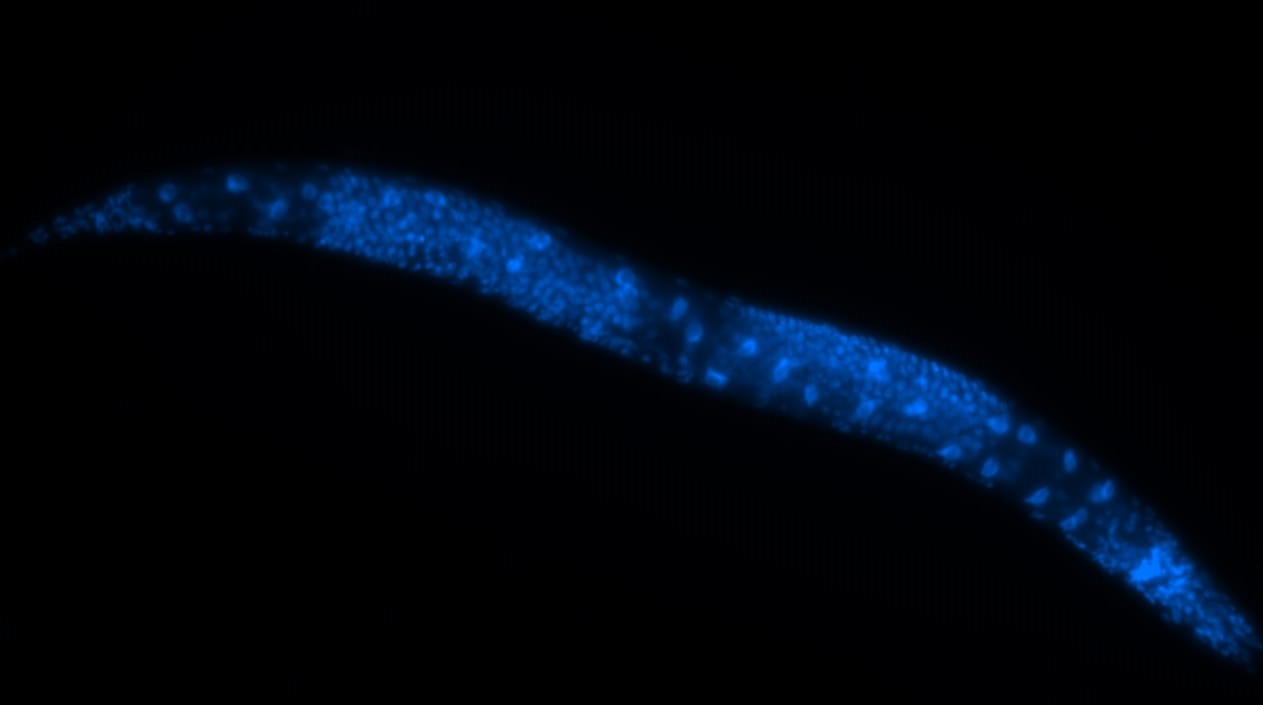
Through experiments in roundworms of the species C. elegans, scientists at a FAPESP-supported research center showed that lifespan is reduced when RNA transfer between cells in different tissues is dysregulated.

A study conducted in a poor suburb of São Paulo city (Brazil) analyzed how low-income communities deal with the hardships deriving from the economic crisis that began in 2014 and worsened during the pandemic.

Blood pressure rose in offspring born to high-fructose rats, and physiological regulation of their cardiovascular system was impaired. High-fructose syrup is widely used as a sweetener by the food and beverage industry.